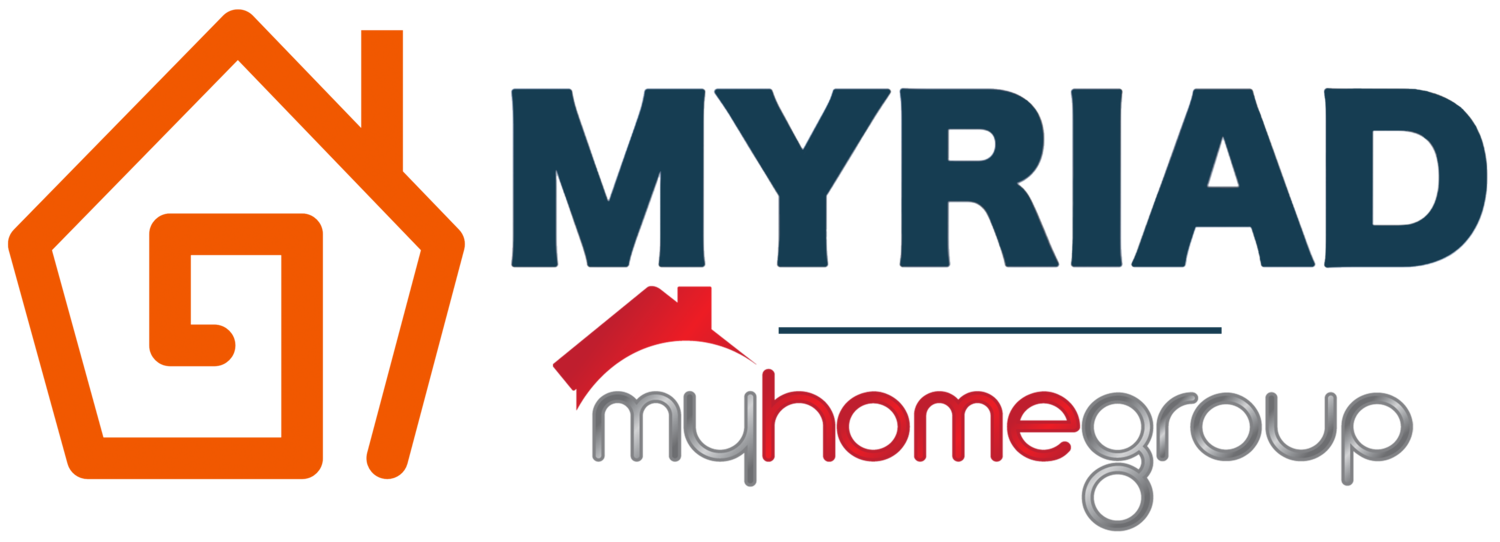The Ins and Outs of Mortgage Insurance
Buying a home can be complicated. There’s hunting down “the one,” a small mountain of closing paperwork, and unraveling details like payments and fees. And that’s just a start. One of those details that’s worth taking special note of, should it apply to you, is mortgage insurance.
Especially if you’re a first time home owner, or are simply unfamiliar with what mortgage insurance actually does, learning all of the details can be important for a few reasons. For one, so that you know why you’re paying for it. Second, so that you understand why it’s required and how it helps the lender. And finally, so that you know exactly how long you need to pay for it, and when you can get rid of it.
What is Mortgage Insurance?
Typically, when you purchase a home and make a down payment for less than 20%, mortgage insurance is required. In short, mortgage insurance is protection for the lender. And it usually allows you to be approved for a larger loan than you would be able to take out without it. What’s important to remember is that mortgage insurance is there to protect the lender on your loan, not you. And this comes into play should you fall behind on paying for your home.
How Does it Work?
There are different types of mortgages and as such, how mortgage insurance works depends on the type of home loan you decide on, such as.
● FHA Loans - With a Federal Housing Administration (FHA) loan, you’ll need to have mortgage insurance regardless of your down payment size. What you pay to cover your mortgage insurance typically goes directly to the FHA. There’s usually a fee that’s paid as part of your closing costs, along with a dollar amount that’s factored into your monthly payment. Usually, the cost is the same, regardless of how much you put down (so long as it isn’t less than 5% or more than 20%), or your credit score.
● Conventional Loans - When it comes to conventional loans, a lender will typically require mortgage insurance if your down payment is below the 20% threshold. This is often done with a private lender, where the cost can depend on your credit score and the exact amount you decide to put down. Typically, there’s no fee (or a very small one) upfront that’s required.
● VA Loans - VA loans require no mortgage insurance and, instead, are backed by the VA guarantee. This is fantastic, as these types of loans were created specifically to help those who have done military service, as well as their families. However, VA loans do come with a funding fee, which varies depending on a number of factors (like down payment amount, type of service, etc.).
How Do You Avoid Mortgage Insurance?
Since mortgage insurance depends so heavily on the loan type, if you are eligible, your best bet is to go for a mortgage with a lender that does not require it (like with a VA loan, for example). If you don’t have that option, the next best thing is to pay at least 20% of your loan amount as a downpayment. And keep in mind that, typically, you can request that mortgage insurance be dropped once your loan to value ratio reaches at least 80%. So, you can also pay down your home and get to that number through your monthly mortgage payments. You even have the option of getting a new valuation of your home (which can certainly change depending on additions or upgrades you’ve made over time). Lastly, you can refinance your home if your equity has greatly increased.
Although mortgage insurance is certainly an added cost month-to-month, what’s important to remember is that you don’t have to use every last penny upfront, on your down payment, to avoid it. As long as it’s not an FHA loan, in most cases, you’ll be able to get rid of your mortgage insurance at a certain point. And a slight increase in your monthly payment is often worth the added financial flexibility that comes in handy when you first buy a house. Especially since a that little extra each month is often part of the reason you were able to qualify for the amount you did in the first place.




